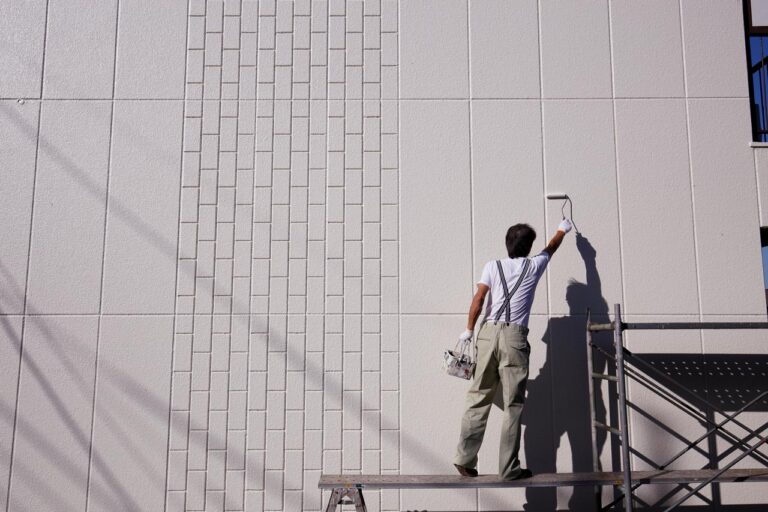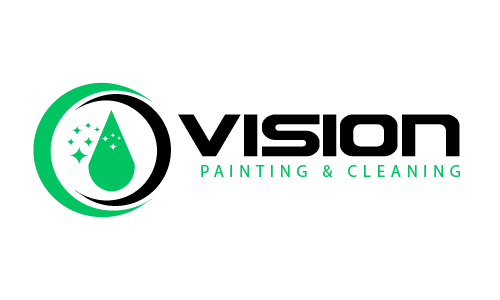
What to Expect When Hiring a Commercial Painter: A Step-by-Step Guide
Hiring a commercial painter can be a significant investment, but it’s also an essential part of maintaining the appearance and longevity of your business property. From selecting the right company to understanding the painting process, knowing what to expect can make the project smoother and more efficient. In this step-by-step guide, we’ll walk you through everything you need to know when hiring a commercial painter, ensuring a stress-free experience from start to finish.
1. Initial Consultation and Estimate
The first step in hiring a commercial painter is setting up an initial consultation. Most reputable painting companies will offer a free estimate, where they visit your property to assess the scope of the project. During this consultation, the painter will:
- Measure the areas to be painted.
- Discuss your color and material preferences.
- Address any concerns about the surfaces (e.g., cracks, peeling, or mildew).
- Provide an estimated timeline for the project.
At this stage, you’ll also receive a written estimate detailing the cost of the job. It’s important to review this carefully to ensure it covers all aspects of the work, including preparation, materials, and cleanup.
2. Surface Preparation and Priming
Once you’ve chosen a commercial painter and signed a contract, the next step is surface preparation. This is a critical part of any painting project, as it ensures the paint adheres properly and lasts longer. Your painter will:
- Clean the surfaces to remove dirt, dust, or grease.
- Repair any cracks, holes, or damaged areas.
- Sand rough surfaces to create a smooth base.
- Apply primer to ensure the paint sticks evenly and provides a durable finish.
Surface preparation is key to a professional-looking result, so expect this stage to take some time, especially if the building is older or has areas in need of repair.
3. Painting Application
Once the surfaces are prepped, the painting process begins. Depending on the size of the project, your commercial painter may use different techniques, such as spraying, rolling, or brushing. You can expect:
- Multiple coats of paint: A professional painter will apply at least two coats of paint for even coverage and durability.
- Attention to detail: Areas like trim, windows, and corners require precision, and a good commercial painter will ensure these sections are neatly done.
- Use of high-quality materials: Reputable painters will use high-quality, durable paint that is suited to the specific needs of your property (e.g., weather-resistant paint for exteriors).
During this stage, it’s essential to communicate with the painter about any specific concerns, such as minimizing disruption to your business operations.
4. Cleanup and Final Inspection
After the painting is completed, the job doesn’t end there. A professional commercial painter will also handle the cleanup process. This includes:
- Removing protective coverings from floors, furniture, and fixtures.
- Disposing of any paint cans, debris, or tools used during the project.
- Ensuring the work area is clean and tidy, ready for you to resume normal operations.
Once the cleanup is done, you should conduct a final inspection with the painter. Walk through the property to ensure the quality of the work meets your expectations. If there are any areas that need touch-ups, this is the time to address them before final payment is made.
Ongoing Maintenance Tips
Maintenance Tips for Longevity
After your commercial painting project is completed, professional painters often provide valuable maintenance tips. These recommendations may include cleaning techniques specific to the type of paint used and the surfaces painted. By following these guidelines, you can effectively preserve the appearance of your paint job and ensure it lasts longer, minimizing the need for frequent touch-ups.
Protecting High-Traffic Areas
High-traffic areas in your building are particularly susceptible to wear and tear. Commercial painters may advise on how to protect these zones, such as using mats or rugs and implementing a regular cleaning schedule. Taking proactive steps to shield these areas can significantly reduce damage and maintain the integrity of your paint, keeping your space looking professional.
Regular Cleaning and Upkeep
Regular cleaning is essential for maintaining the freshness of your commercial paint job. Professional painters can suggest appropriate cleaning products and techniques that won’t harm the paint. Consistent upkeep, including dusting and spot cleaning, helps remove dirt and grime, preventing buildup that can dull the finish and lead to premature deterioration.
Hiring a commercial painter can feel overwhelming, but knowing what to expect makes the process much easier.
From the initial consultation to the final inspection, working with a professional painter ensures a high-quality result that enhances the appearance and value of your business property. By following this step-by-step guide, you’ll be well-prepared for a smooth and successful painting
Services
- Residential Painting
- Commercial Painting
- House Cleaning
- Commercial Cleaning
- Office Cleaning
Information
Saugus, MA
visionpaintingcleaning@gmail.com
(857) 249-0498

